
Overview
Situated in Buffalo, New York, Stutzman Addiction Treatment Center (SATC) is a specialist drug and alcohol rehabilitation center catering mostly to adult women. The facility is staffed by medical and therapeutic professionals that provide residents round-the-clock assistance, guaranteeing a thorough and individualized recuperation process. In order to treat the underlying medical issues that often underlie addiction and pave the way for long-term recovery and wellbeing, SATC puts a high priority on trauma therapy.
With space for up to 33 women at once, the facility provides a secure and encouraging setting for recovery. During the two to six week duration of treatment regimens, clients get customized care that is tailored to their specific requirements. Trauma-informed treatment, which acknowledges that unresolved trauma often causes cravings and relapse, is the cornerstone of SATC's approach. Together with their care team, each client creates a customized treatment plan that consists of family support services, educational programs, individual and group therapy, and attendance at meetings of Alcoholics Anonymous (AA) and Narcotics Anonymous (NA). The facility provides specific help to clients who are also experiencing gambling addiction in order to treat this problem.
One unique aspect of SATC is its program, which allows moms to get therapy while their preschool-aged children accompany them. Mothers attend daily therapy sessions, and their kids are looked after at an on-site childcare center. At the conclusion of the day, families are reunited, and parents get advice on developing positive parenting techniques and establishing wholesome bonds with their kids. With its all-encompassing approach to rehabilitation, this program makes sure both mom and kid get the help they need.
Clients at SATC are not left to fend for themselves after their therapy draws to a close. The care staff at the facility makes a concerted effort to put clients in touch with neighborhood services that will support their continued rehabilitation after discharge. With an emphasis on continuity of treatment, clients are better equipped to reintegrate into their everyday lives with the coping mechanisms and support required for long-term sobriety.
Stutzman Addiction Treatment Center - Chemical Dependency Inpatient Rehab Program at a Glance
Payment Options
- Cash or self-payment
- Medicaid
- State-financed health insurance plan other than Medicaid
- Private health insurance
- Federal, or any government funding for substance use treatment programs
Assessments
- Screening for tobacco use
- Comprehensive mental health assessment
- Comprehensive substance use assessment
- Interim services for clients
- Outreach to persons in the community
Age Groups
- Seniors or older adults
- Young adults
- Adults
Ancillary Services
- Case management service
- Integrated primary care services
- Suicide prevention services
- Residential beds for client's children
- Child care for client's children
Highlights About Stutzman Addiction Treatment Center - Chemical Dependency Inpatient Rehab Program
7.51/10
With an overall rating of 7.51/10, this facility has following balanced range of services. Alcohol Rehabilitation: 8.00/10, Drug Rehab and Detox: 7.54/10, Insurance and Payments: 6.67/10, Treatment Options: 7.82/10.-
Alcohol Rehabilitation 8.00
-
Treatment Options 7.82
-
Drug Rehab and Detox 7.54
-
Insurance and Payments 6.67
Accreditations
State department of health:

State Licenses, issued by government agencies, authorize rehabilitation organizations to legally operate within designated geographical areas. The specific licenses required for operation are typically determined by both the nature of the rehabilitation program provided by the facility and its physical location.
Federally Qualified Health Center:
Federally Qualified Health Center (FQHC) accreditation is a process of evaluation and recognition by the federal government for community health centers that provide comprehensive and accessible healthcare services to underserved populations. FQHC accreditation is essential for centers to receive federal funding and to ensure that they meet standards for quality, patient-centered care.
Drug Enforcement Agency (DEA):
DEA accreditation refers to the process by which a law enforcement agency is recognized by the Drug Enforcement Agency (DEA) as having met specific training, operational, and resource requirements necessary to participate in DEA-led drug enforcement efforts. This accreditation allows the agency to perform DEA-related tasks such as conducting investigations, executing federal search warrants, and participating in joint task forces.
Commission on Accreditation of Rehabilitation Facilities (CARF):

CARF accreditation is a prestigious recognition for organizations in rehabilitation and human services. It signifies that an organization meets rigorous quality standards and is committed to providing top-notch care. Achieving CARF accreditation involves a thorough evaluation process, including on-site surveys, to ensure excellence in programs and services. This accreditation boosts an organization's credibility, assures clients and funders of quality, and promotes ongoing improvement in the field of rehabilitation and human services.
SAMHSA certification for opioid treatment program (OTP):
SAMHSA's Opioid Treatment Programs (OTP) accreditation is a prestigious recognition that signifies a program's compliance with stringent standards and guidelines established by the Substance Abuse and Mental Health Services Administration (SAMHSA). This accreditation demonstrates an OTP's commitment to providing high-quality, evidence-based care for individuals struggling with opioid use disorder (OUD). It serves as a trusted symbol of accountability and excellence, assuring patients, families, and communities that the OTP offers safe, effective, and comprehensive treatment options for OUD.
Treatment At Stutzman Addiction Treatment Center - Chemical Dependency Inpatient Rehab Program
Treatment Conditions
- Alcoholism
- Mental health treatment
- Substance use treatment
- Co-occurring Disorders
Care Levels
- Hospital inpatient treatment
- Short-term residential
- Aftercare
Treatment Modalities
- Cognitive behavioral therapy
- Telemedicine/telehealth therapy
- Substance use disorder counseling
- Trauma-related counseling
- Smoking/vaping/tobacco cessation counseling
Ancillary Services
Languages
- Sign language services for the deaf and hard of hearing
Additional Services
- Pharmacotherapies administered during treatment
- Mentoring/peer support
- Breathalyzer or blood alcohol testing
Special Programs
- Clients with co-occurring mental and substance use disorders
- Veterans
- Active duty military
- Members of military families
- Criminal justice (other than DUI/DWI)/Forensic clients
Get Help Now
Common Questions About Stutzman Addiction Treatment Center - Chemical Dependency Inpatient Rehab Program
Contact Information
Other Facilities in Buffalo

7.58
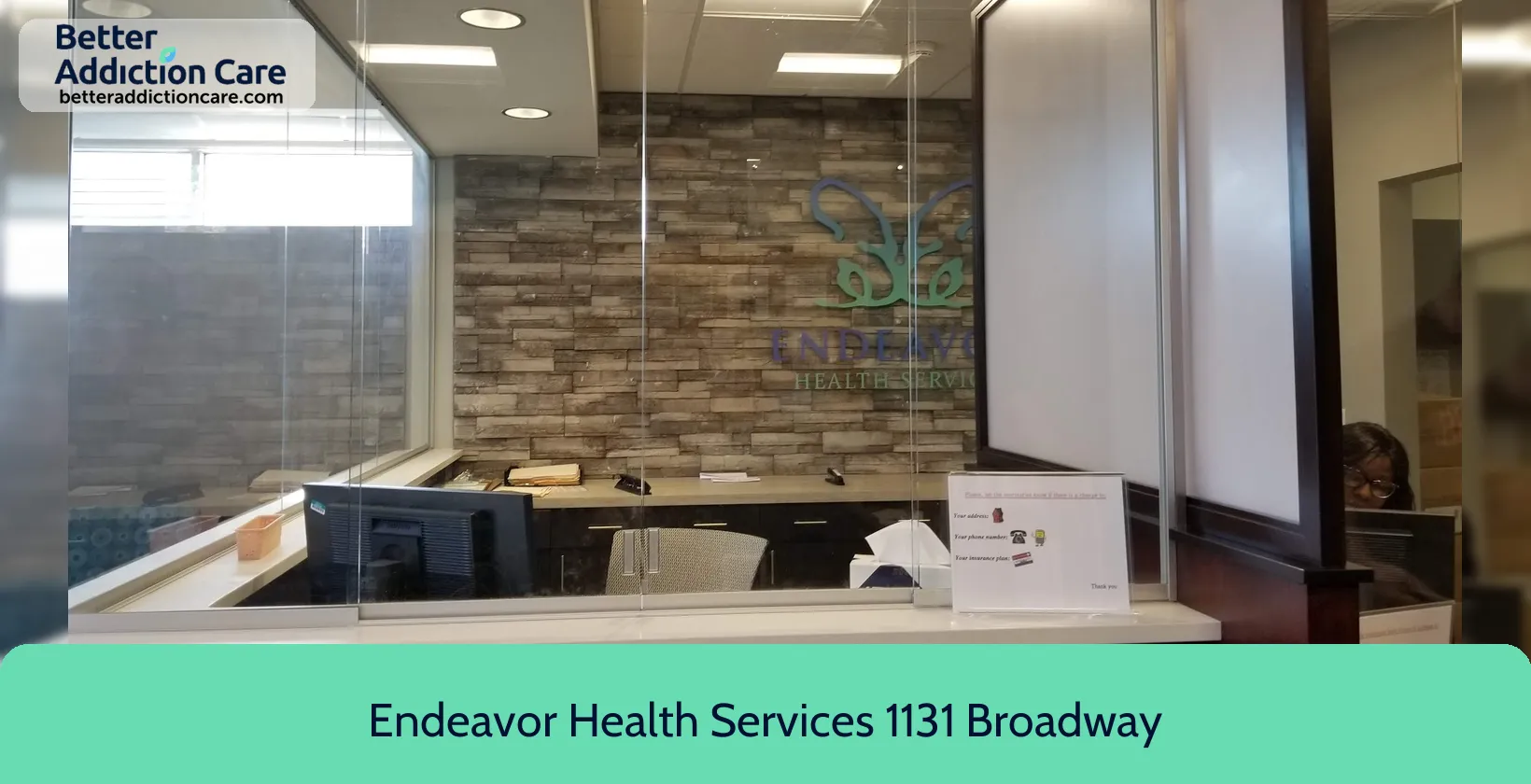
7.58
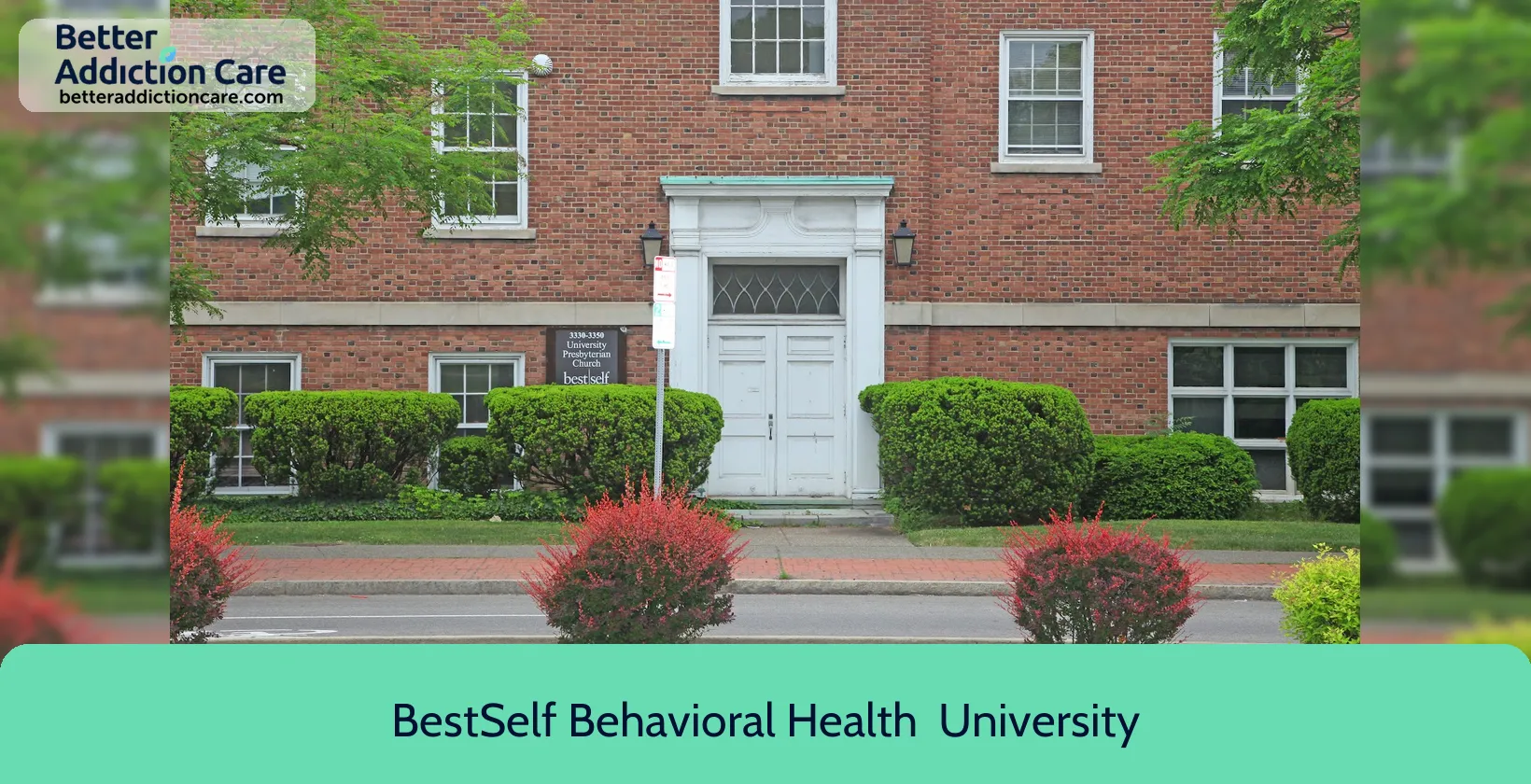
6.74
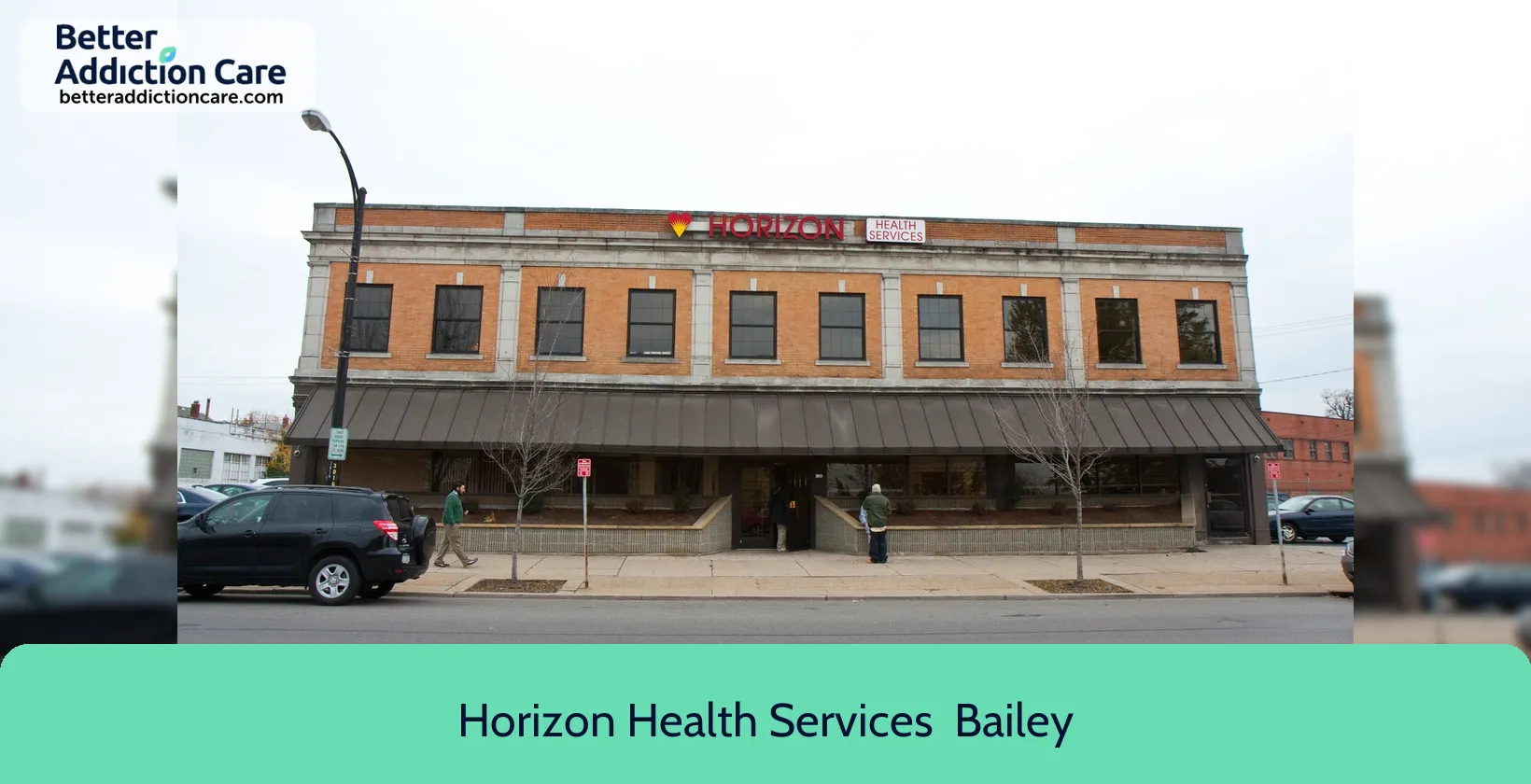
7.51
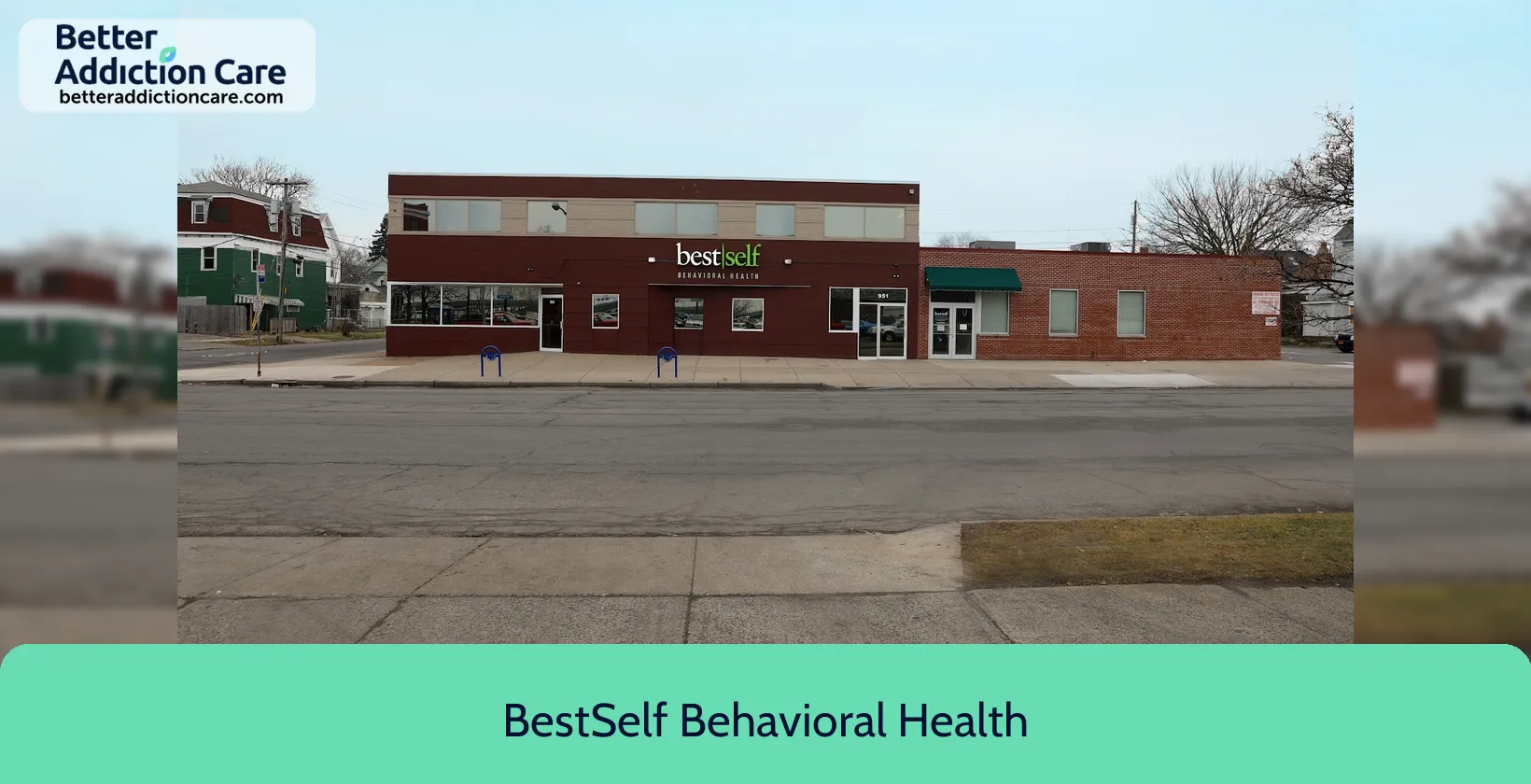
7.57
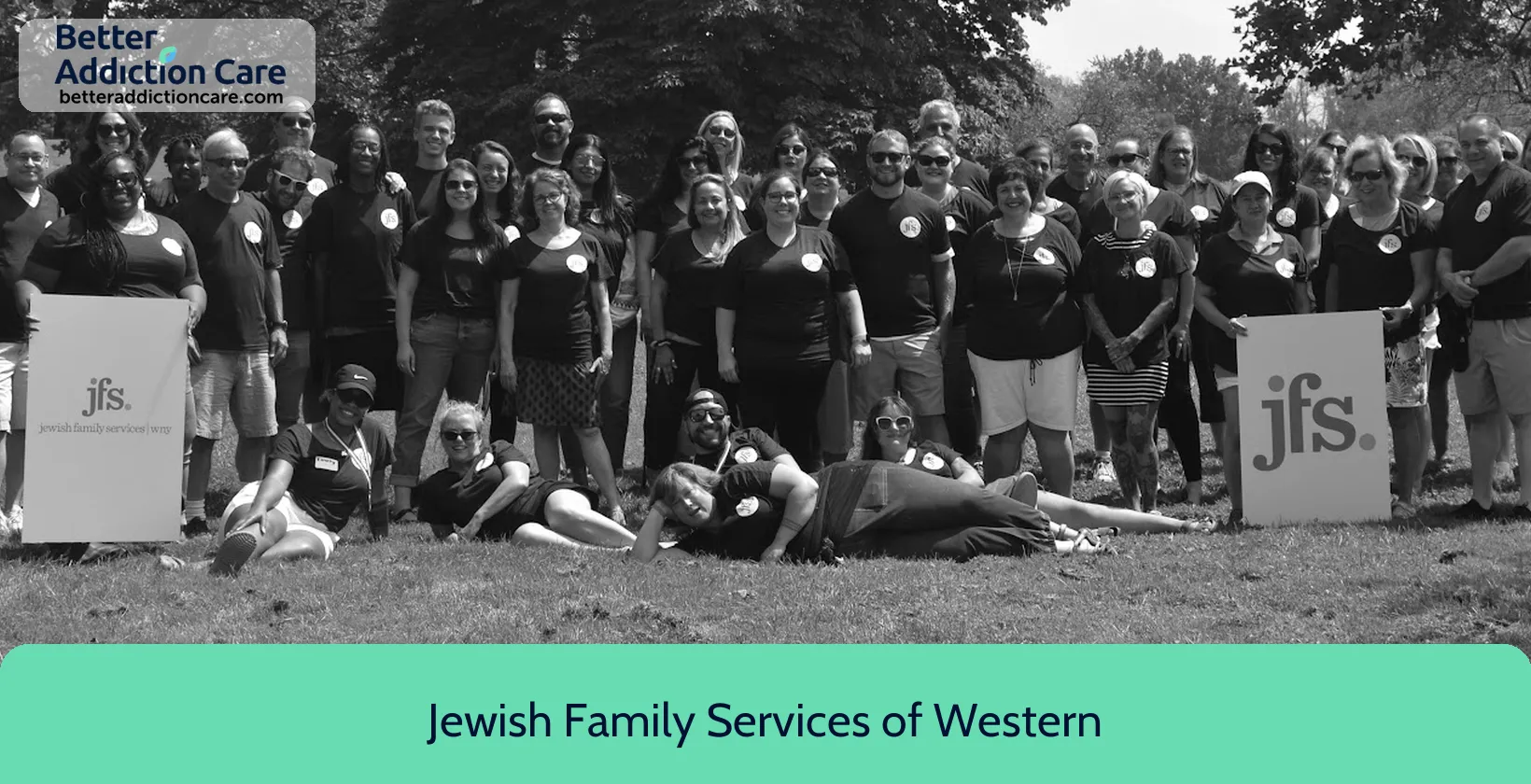
6.65

6.74
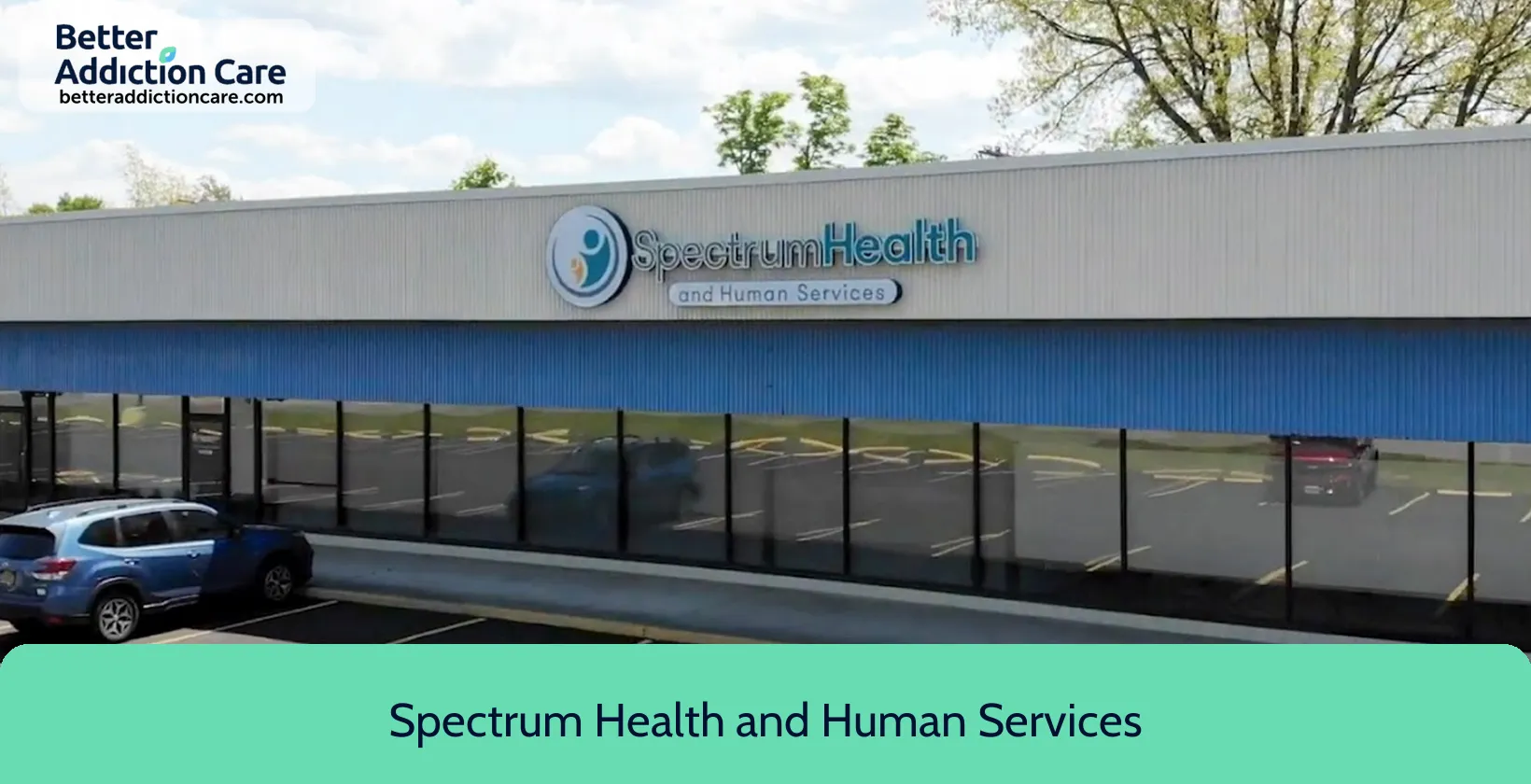
7.39
DISCLAIMER: The facility name, logo and brand are the property and registered trademarks of Spectrum Health and Human Services - Chemical Dependency Outpatient, and are being used for identification and informational purposes only. Use of these names, logos and brands shall not imply endorsement. BetterAddictionCare.com is not affiliated with or sponsored by Spectrum Health and Human Services - Chemical Dependency Outpatient.
